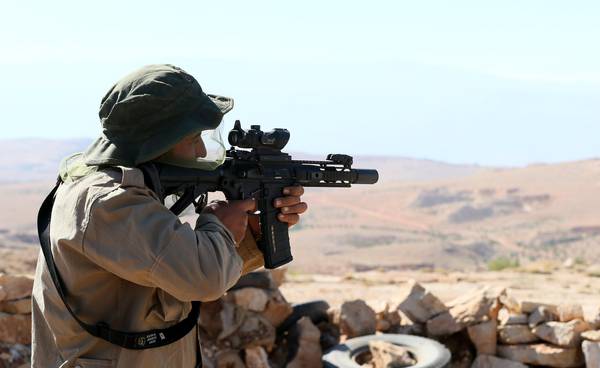(ANSA) - BELGRADE, 12 AUG - The Western Balkans is the region
with the highest concentration of returning foreign terrorist
fighters in Europe, according to the new study "Western Balkans
Foreign Fighters and Homegrown Jihadis: Trends and
Implications," published by the "CTC Sentinel", an academic
magazine of the Combating Terrorism Center at the U.S. Military
Academy in West Point. The study was prepared by Adrian Shtuni,
CEO of Shtuni Consulting LLC and one of the main experts on
terrorism and violent extremism in the Balkans.
Out of over 1,000 foreign fighters, including men, women, and
minors from Kosovo, Bosnia and Herzegovina, North Macedonia,
Albania, Serbia, and Montenegro, who since 2012 spent time in
Syria and Iraq, around 500 from the region are still there,
including children born in war theatre, at least 260 died in
combat, while some 460 others have gradually returned home or
were repatriated, the report said. The number of people with
Balkan origin who spent time in Syria and Iraq grew to
approximately 1.225 considering the births of children of
foreign fighters. "The "children of the Caliphate," including
those from the Western Balkans, will likely represent a
long-term challenge with national security implications," the
study says.
Kosovo contributed the most to the Balkan foreign fighters
contingent, with the largest number of men departed to Syria and
Iraq (256), while Bosnia and Herzegovina contributed the highest
number of women (61) and children (81).
According to official data quoted by the report, in the
previous years about 460 individuals from the region have
returned home from Syria and Iraq, 242 only to Kosovo. "By
comparison, the countries of the European Union, with a
cumulative population size of 500 million, have received about
1,500 returnees," the study reads.
The returns to the Balkans pose a "a long-term security
challenge compounded by inadequate resources and the threat
posed by homegrown jihadi militants," the report notes.
(ANSA).
© Copyright ANSA - All rights reserved














